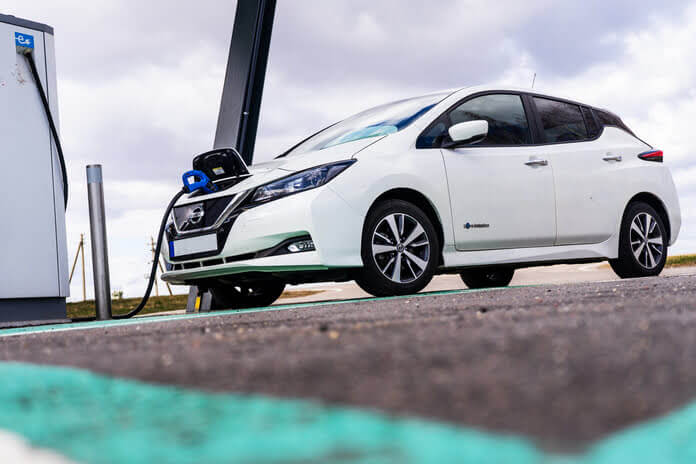Electric vehicle startups had a stellar 2021 as investors bet on which company would be the next Tesla (NASDAQ:TSLA). This year has been totally different.
EV startups that raised billions during the boom now find themselves battling supply chain issues and surging commodity prices. Investors are gradually realizing that manufacturing cars is highly capital intensive, and automakers will burn through lots of cash before they produce their models at scale profitably.
Rather than concentrating on growth by any means, EV makers are slashing their spending to conserve cash. While many investors have been under the impression that there is likely to be a repeat of Tesla’s near-death experience during the launch of its first mass-market model, things have drastically changed.
Before becoming the world’s most valuable automaker, Tesla’s CEO Elon Musk tweeted that his company was about one month away from bankruptcy just before the mass market launch of the Model 3. The most valuable new EV startups are launching their first models in a completely different environment as they face stiffer competition from legacy brands.
According to Charles Mann, senior analyst at Columbia Threadneedle Investments, Tesla’s thesis was that legacy automakers would never get it, and the capital spigot was open to them for a long time. That is no longer the case.
EV Makers Fail to Meet Production Targets
Shares of Rivian Automotive Inc. (NASDAQ:RIVN), which raised $12 billion in November last year, the largest IPO in the US since 2014, are down more than 60% in 2022. The company started selling its R1T electric pickup, the first of its kind, last September.
The California-based EV maker revealed that it built 7,000 vehicles by the first of the year, meaning it would need to more than double that rate to meet an already slashed target of 25,000 vehicles to be produced in 2022. The company has already increased its projections for this year’s loss to $5.5 billion, attributing it to supply chain issues and unexpectedly high commodity prices. The company also laid off about 6% of its workforce in July.
In an internal letter announcing the layoffs, CEO RJ Scaringe said that the company would always focus on growth but wasn’t immune to the prevailing economic conditions. However, a spokesperson for the company reiterated that Rivian would hit its 25,000 vehicle target for the year.
On the other hand, Detroit is not far behind. Ford Motor (NYSE:F) started selling an electric version of its F-150 pickup, which has long been its best-selling model in the US, and reported that it sold about 7,000 of them by August. General Motors (NYSE:GM) also has an electric version of its Silverado expected to hit the market next year.
Lucid Group, which went public through the largest SPAC deal of last year, raising $4.4 billion, has seen its shares plummet by more than 60% this year. Like Rivian, the company has reduced its 2022 target revealing that it expected to make 6,000 to 7,000 of its high-end luxury sedans in 2022, a far cry from its previous goal of 20,000.
Also, Lucid is faced with similar supply chain issues. Production of its Lucid Air sedan has been facing challenges, and the company revealed it only sold about 1,000 cars in the first half of the year. Mercedes-Benz sold a little over 4,000 of its EQS electric luxury sedan over the same period. Even newcomer Polestar, which said it was on track to hit its target of selling 50,000 cars for the year, has seen its shares plummet by at least 48% since it went public in June.
Featured Image- Megapixl @Boumenjapet













